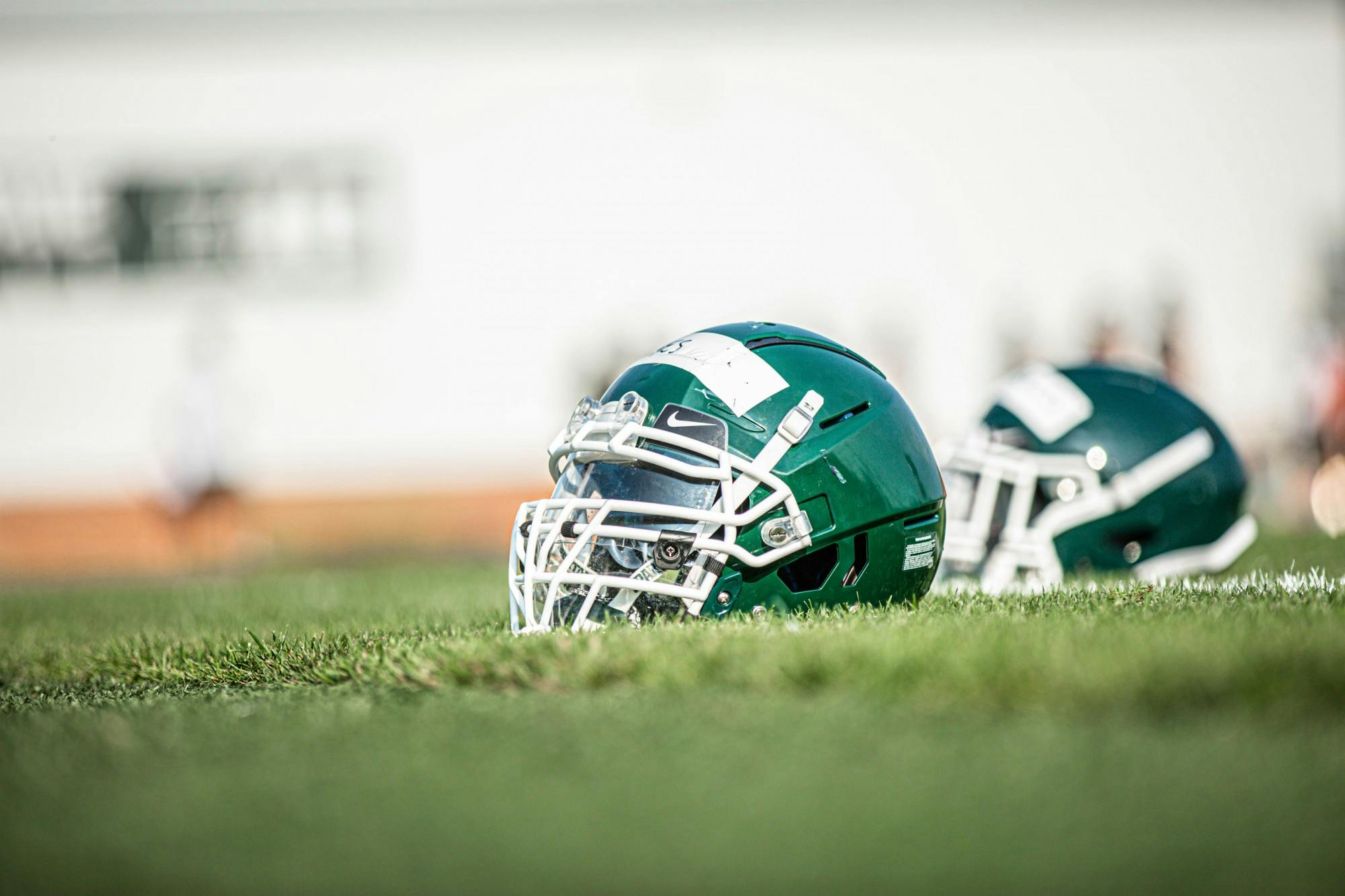Since the Big Ten's postponement of the college football season in August, the conference has become a whirlwind of speculation and differing opinions as to when the season will start back up again.
Michigan State President Samuel L. Stanley Jr. was one of the 11 Big Ten presidents who voted to postpone the season back in August. Stanley, who has background in biomedical research and defense against infectious diseases, cited too many risks and unknown factors for fall sports to be played safely in 2020.
“We received a report...that came from a committee established by the Big Ten to essentially assess the health and safety of risk and protocols that we would use to try and play football and other fall sports this year,” Stanley said in an Aug. 19 press conference. “I think there were a number of things that were raised in that. One was the concern about testing, the availability of rapid response. And then just the general concern about the positivity of athletes that have been tested.”
One of the biggest concerns surrounding the Big Ten and playing football was the emergence of myocarditis, which is the inflammation of the heart muscle and can be very severe in certain cases. Concerns grew when Sports Illustrated reported Thursday that around 30-35% of Big Ten athletes who contracted the coronavirus were showing symptoms of myocarditis.
“There’s not a lot published on (the after-effects on those who contract COVID-19), but there were preliminary things that were talked about that may be of concern,” Stanley said. “In the absence of clear and scientific published data, I think those were things that we were certainly concerned about, but they weren’t the only thing we were concerned about.”
On Tuesday, President Donald Trump spoke with Kevin Warren about the possibility of starting Big Ten football later this fall, as opposed to the spring. Warren, who is in his first year as commissioner of the Big Ten, has taken a lot of heat ever since the conference made their decision to postpone fall sports almost a month ago. On Aug. 21, several parents of players around the league gathered outside the Big Ten headquarters to voice their displeasure with the decision.
It should be noted that, while Warren is the face of the Big Ten right now, it wasn’t his decision to postpone the season. That power lied in the hands of the university presidents. Only Iowa’s Bruce Harreld, Nebraska’s Ronnie Green and Ohio State’s Kristina Johnson voted to play this fall.
“The bottom line is, we’re united in what we’re doing now and we’re all working together with this effort to see what we can do in the spring time,” Stanley said. “But postpone, for now, what (will happen) in fall.”
As conflict and uncertainty surround football, what about winter sports, such as basketball and hockey? Hockey is more of a hybrid between fall and winter, and the team is still waiting on a formal decision as to how they will proceed in a couple of months.
“As the Big Ten has looked at fall sports potentially in the spring time, we’re also taking a hard look at how one might do other sports, like basketball or ice hockey, and do them safely,” Stanley said. “So those are certainly on the table.”
Athletes had the option to remain on campus for workouts, and the most recent round of coronavirus testing saw just two athletes and zero staff members test positive out of more than 200 tests given.
Right now, when it comes to planning for what’s next, it feels as if ideas are being thrown out left and right as those in charge scramble to see what sticks. Recently, it was reported that the Big Ten was targeting a new start date of Oct. 10, while the thought of starting around Thanksgiving has also circulated.
While the ACC, SEC and Big 12 conferences gear up for the start of their season, the Big Ten is stuck in wait-and-see mode. It is probable that all different types of scenarios will be considered over the coming months, and rumors will continue to circulate. But with information changing by the day, there is one fact that remains constant: nothing is certain and everything is on the table.
“We really weighed every factor we could and came to the conclusion that it made more sense to not try and proceed forward at this time,” Stanley said. “But to wait, continue to learn more about what’s happening, understand more about some of these things that we were uncertain about, and then be in a better position to think about what would happen in the spring.”
Support student media!
Please consider donating to The State News and help fund the future of journalism.
Discussion
Share and discuss “The Big Ten has been a whirlwind since postponing Fall sports, President Stanley weighs in” on social media.







